Introduction to Lifelong Learning
In a world where change is the only constant, self-paced learning symbolizes a growing trend in education aimed at equipping oneself for life’s continuous shifts. Lifelong learning is defined as the ongoing, self-motivated expansion of knowledge for personal or career growth. Its principles can be traced back to ancient education systems, yet its importance is more pertinent now than ever before. In today’s job market, skills need constant updating; staying ahead requires a commitment to frequent learning.
Table of Contents
With globalization and technological advancements, the capability to learn perpetually is indispensable. It facilitates professional elevation and enhances one’s quality of life through personal development. Comprehending how to weave learning into day-to-day activities leads to a more rewarding existence with tangible and deeply fulfilling benefits.
Benefits of Lifelong Learning
The advantages of lifelong learning are manifold. On a cognitive level, continuing education keeps the brain active, improving memory retention and potentially delaying cognitive decline associated with aging. Moreover, lifelong learners often experience psychological boons, such as greater self-confidence and stress reduction. Perhaps the most compelling reason for lifelong learning is its impact on employability. According to a Forbes article, individuals committed to lifelong learning are more adept at navigating the dynamic employment landscape, thus staying relevant in their fields.
Beyond individual advantages, lifelong learning through programs like self-paced online college MSU strengthens community ties and encourages social participation. Interactive learning settings like workshops or online forums promote collaboration, networking, and a sense of community. This builds stronger societal bonds and fosters collective intelligence and problem-solving skills.
Overcoming Barriers to Continued Education
Despite its significance, lifelong learning encounters several challenges. Common obstacles include time constraints, financial limitations, and limited access to educational resources. However, these hurdles can be overcome with thoughtful planning. Individuals can seamlessly integrate education with everyday life by incorporating learning activities into daily schedules—such as listening to educational podcasts during commutes or dedicating a specific time each day for reading.
Support systems play a crucial role in overcoming these barriers. Whether through family, friends, workplace initiatives, or community organizations, having people who encourage and facilitate learning endeavors can make all the difference. This support makes the process more enjoyable and ensures sustained motivation and accountability.
Effective Strategies for Continuous Learning
Making lifelong learning a consistent practice requires effective strategies. Setting clear and attainable goals forms the foundation. Individuals should start by identifying areas they are passionate about or that will benefit their careers and break these broad areas into specific, actionable learning objectives. Cultivating an attitude of curiosity—constantly asking questions and seeking answers—naturally drives the learning process forward.
Employing open educational resources, which are readily accessible online, allows learners to delve into a wide array of subjects without financial strain. Such resources democratize education, making it available to anyone with an internet connection, thereby leveling the playing field for learners across different backgrounds.
The Role of Technology in Lifelong Learning
Technology has revolutionized lifelong learning, making it more accessible and personalized. Online platforms and virtual classrooms remove geographical barriers, allowing learners from anywhere worldwide to participate in structured educational experiences. Mobile technology, through apps and e-books, facilitates learning during commutes, turning idle moments into opportunities for growth.
Further, digital media—such as podcasts, video lectures, and webinars—offers diverse ways to consume information. These formats provide flexibility in how and when learning takes place, accommodating different learning styles and preferences, thus making education more inclusive and responsive to individual needs.
Creating a Personal Learning Plan
Developing a personal learning plan is a strategic process that begins with self-assessment. Identifying one’s learning needs—be it for professional development or personal interest—sets the stage for a focused and purposeful learning journey. Understanding what drives you can help maintain momentum and enthusiasm throughout the learning process.
After setting clear learning objectives, craft a flexible schedule that balances learning with other life responsibilities. Tools like calendars and progress-tracking journals can help organize and evaluate milestones. Celebrating small achievements along the way encourages persistence and reinforces the value of continued learning.
The Future of Lifelong Learning
As the future unfolds, the imperative for continual education becomes ever more pronounced. Emerging trends in technology, such as artificial intelligence and virtual reality, are expected to personalize further and enhance the learning experience. These advancements promise to make education more engaging and adaptive to individual learner profiles.
The emphasis on lifelong learning stands poised to redefine economic landscapes in societies. As industries evolve, the demand for new skills and adaptability surges. Therefore, nurturing a culture that values ongoing education prepares individuals for future challenges and cultivates a more innovative and resilient community.
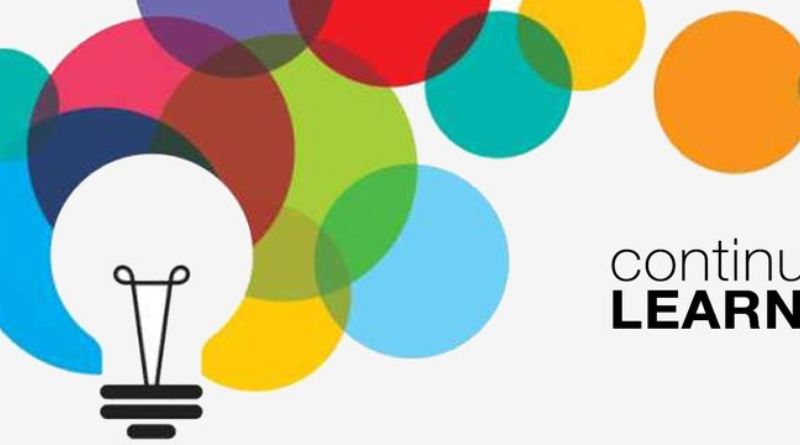
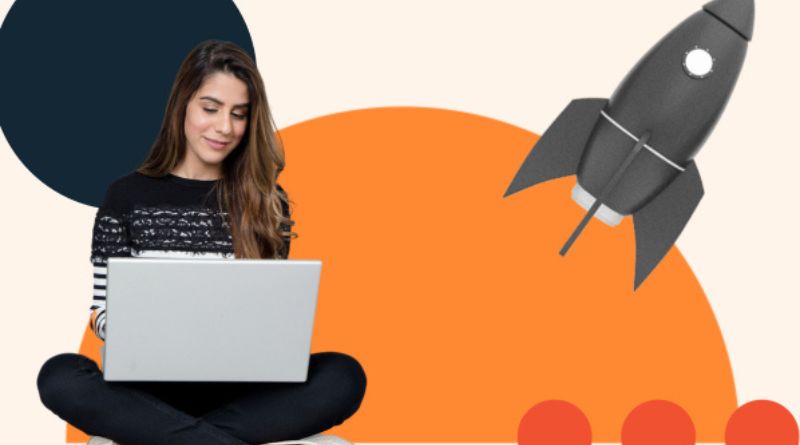


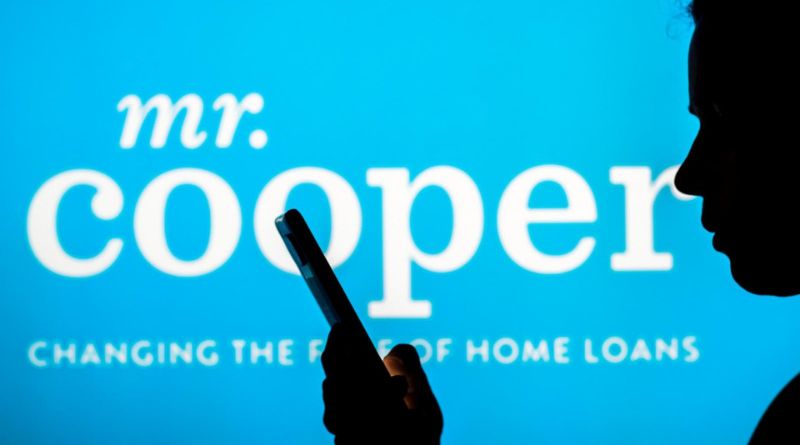

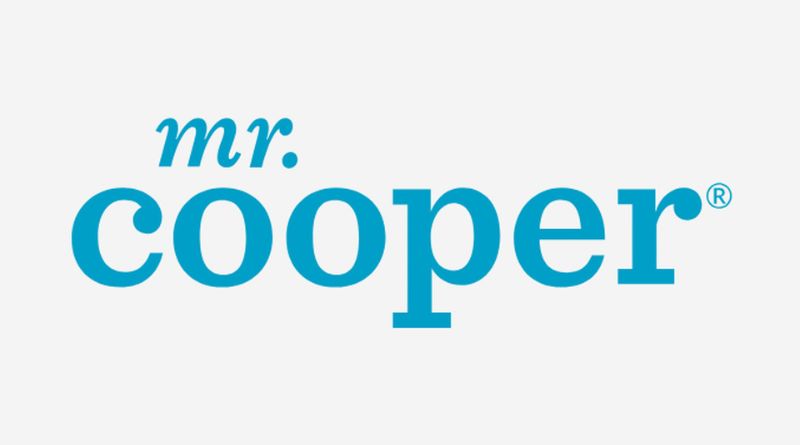

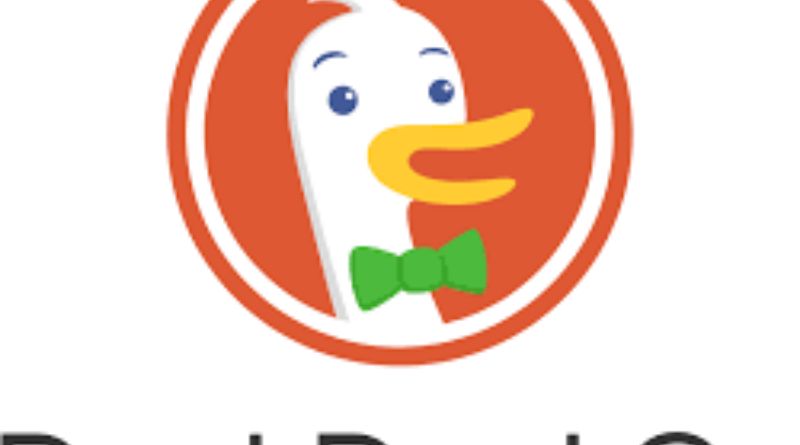
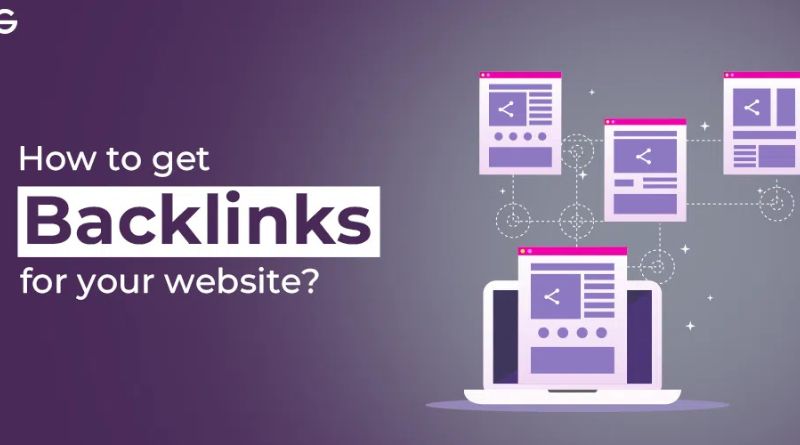
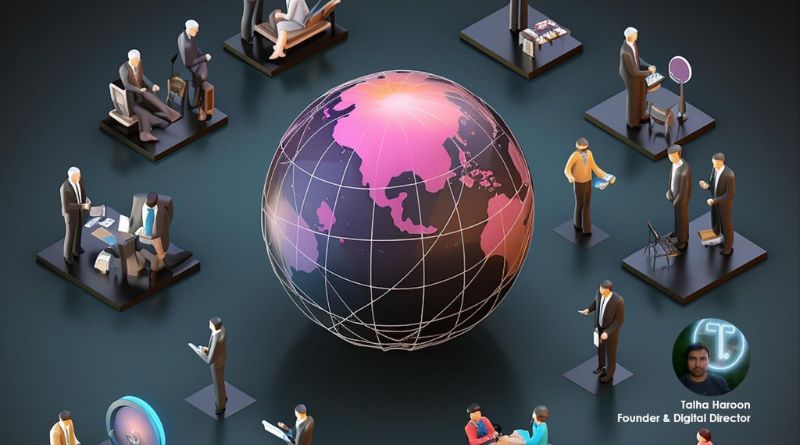




Leave a Reply